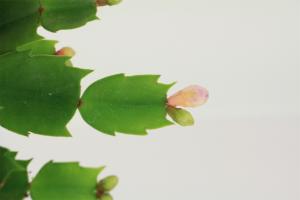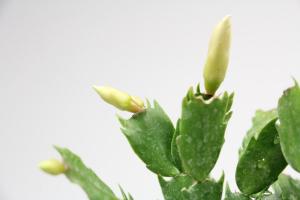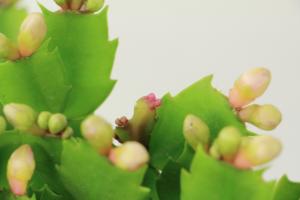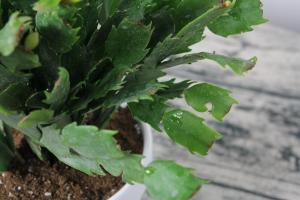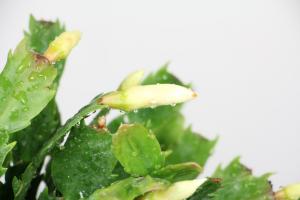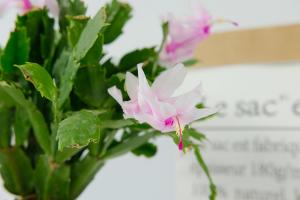In early autumn, the crab claw orchid explodes
Most of the crab claw orchids in Huayou's family are grafted. In summer, they are generally cured with less water and fertilizer. Therefore, what we need to do in early autumn is to slow it down from dormancy
1. Apply thin fertilizer solution
Crab claw orchid has almost no external nutrient supply in summer, so the stems and leaves will become thinner, so as to lay a good foundation for flowering. You can first apply a thin slow-release fertilizer to crab claw orchid, preferably fermented by fruit plants, about once a half month
2. Spraying less phosphorus and potassium fertilizer
Now the crab claw orchid is in the recovery period. If a large amount of phosphorus and potassium fertilizer is sprayed to promote the flower, it is not conducive to its recovery of healthy growth
3. Control the watering amount
Although it's autumn, you can't be careless when watering. Now the root system of crab claw is still relatively weak. If you water a lot, it is easy to rot the root. It is best to water after the basin soil is dry
4. Give light gradually
In summer, the crab claw orchid of Huayou is usually kept in a cool and ventilated place to avoid direct sunlight. Now you can put the crab claw orchid on the bright window or balcony to accept the light in the morning and evening, and gradually increase the light time in the later stage
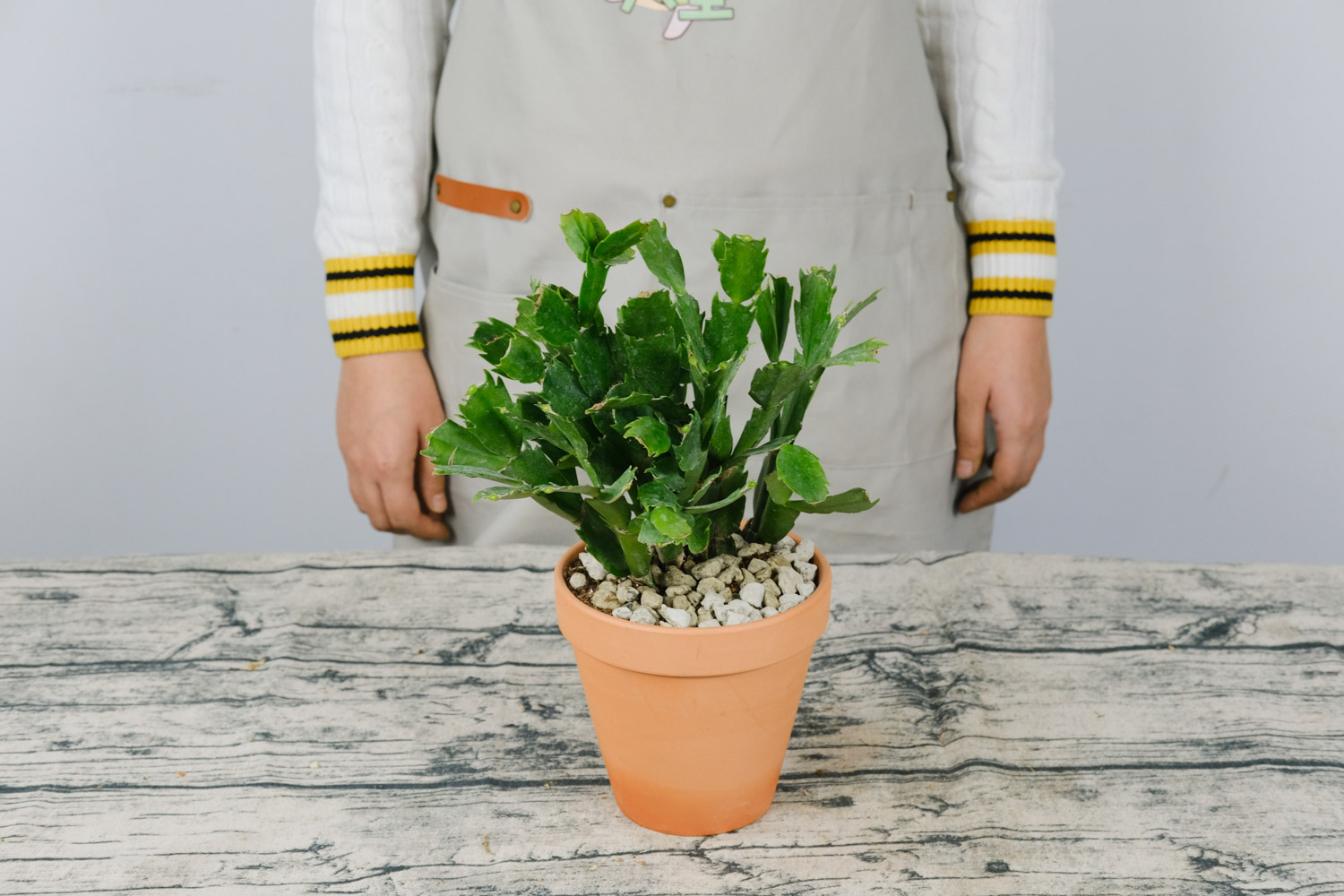
Cut while it's cool. Turn 1 basin of crab claw orchid into 10 basins
After the temperature drops down, it's a good time for cutting. Crab claw orchid is no exception. Friends who want to harvest more crab claw orchids can start cutting
1. Cut several tough and robust leaves from the mother plant of crab claw orchid. The best cutting leaves are more than two sections. Such leaves have a high survival rate and grow faster
2. Insert the blade to be cutted into the comb, then soak the end to be inserted into the soil into the rooting water, soak it for about 30 minutes, and then dry it in a ventilated place
3. The soil for cutting must be soft and breathable. Coconut bran and charcoal can be mixed, some sawdust can be added, and the soil can be slightly moist after watering
4. Insert the dried crab claw leaves into the soil, and the cutting depth can ensure that the leaves do not fall down
5. After cutting, put it in a cool and ventilated place for maintenance. Don't water it often. Spray a little water when the soil is dry. In this way, the survival rate of cutting crab claw is close to 100%
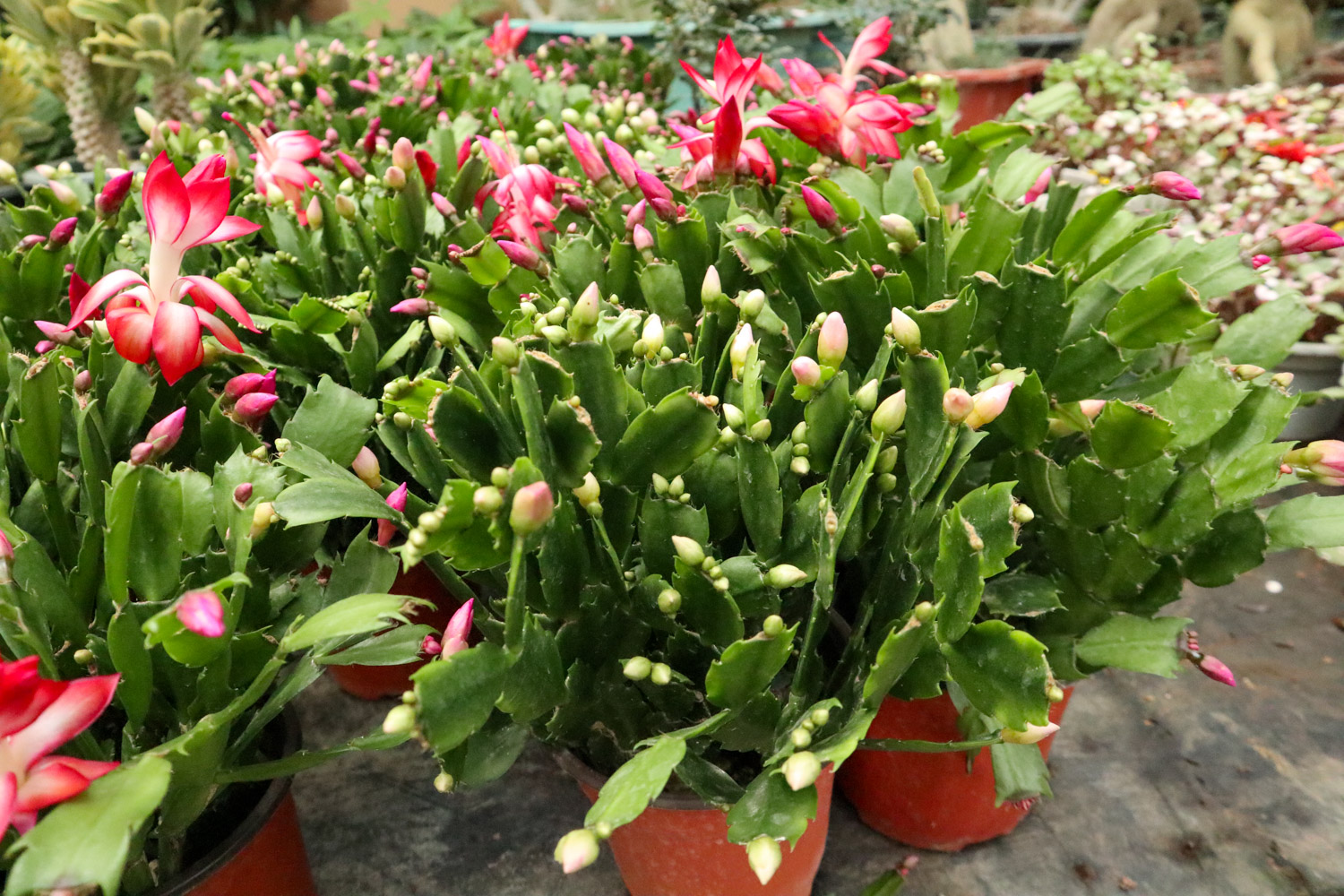
Crab claw cut everything and marry a cactus
1. The scion that needs to be grafted should be stronger and darker, and the low end of the crab claw scion should be cut into a duck mouth shape
2. If you choose to use cactus as rootstock, you must choose the varieties with thicker leaves, and the varieties that can survive the winter are preferred. Then cut the top of cactus leaves by about 1cm
3. Prepare a sharp knife. After disinfection, cut a cross-section of the cactus horizontally with a depth of 0.5-1cm
4. Insert the cut scion with the duck beak side down into the cut of the cactus. Then put it in a cool and ventilated place for maintenance for half a month, and then put it in a sunny place for maintenance
5. To be on the safe side, you can fix the scion and rootstock together with a toothpick or small clip after inserting
6. After a period of careful maintenance, the grafted crab claw will bloom
Huahua tip: because there are differences in temperatures around the world, friends in areas with high temperatures can postpone the above operations for another half a month or so according to the actual situation


 how many times do yo...
how many times do yo... how many planted tre...
how many planted tre... how many pine trees ...
how many pine trees ... how many pecan trees...
how many pecan trees... how many plants comp...
how many plants comp... how many plants can ...
how many plants can ... how many plants and ...
how many plants and ... how many pepper plan...
how many pepper plan...
